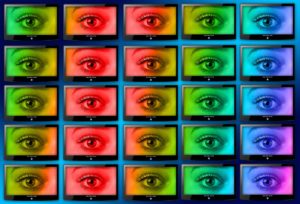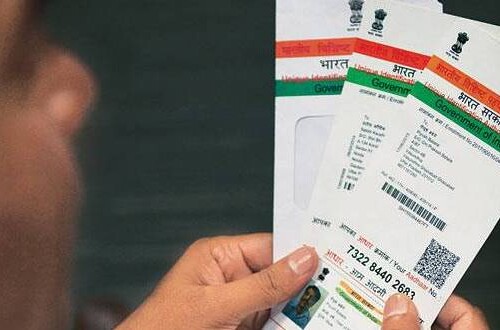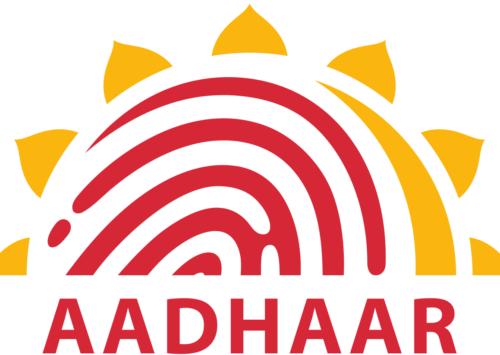Aadhar card and privacy in India

The Aadhar identity card, which takes iris scans and fingerprints as biometric details, has been criticised for violating privacy
As the Supreme Court of India upheld privacy as a Fundamental Right, the future of the Aadhar card and its extent of reach comes under the scanner.
This week has marked historic judgements by the Supreme Court in India, with a ban on Triple Talaq followed by the recognition of privacy as a fundamental right. While both verdicts have been celebrated widely, one is particularly crucial in determining the life of each and every citizen of the country henceforth. The verdict on privacy, which was delivered today, comes after a group of petitioners sought to raise the issue in relation to the identification Aadhar card, a unique identification system that takes biometrics of a person into account.
The current government, through the Unique Identification Authority of India, or UIDAI maintained throughout that citizens did not have an absolute right over their body, with petitioners citing security concerns as primary to the infringement of the right to privacy. In a nine-judge bench at the Supreme Court today, the fundamental right to privacy was upheld with the justification that it must be “protected as an intrinsic part of Article 21 that protects life and liberty”, among other views. Today’s verdict leaves the space for scrutiny of the Aadhar card system, and whether its reach constitutes what is considered as a reasonable restriction to the application of this fundamental right. Outside the court, lawyer Prashant Bhushan shared with the media that “Any fundamental right is subject to reasonable restrictions by law. Whether the Aadhaar Act imposes unreasonable restrictions will have to be examined.”
waiting: what are reasonable restrictions on #RightToPrivacy ? how will aadhaar become reasonable?
— Nitin Sethi (@nit_set) August 24, 2017
A superb judgment by SC. Privacy a right. But not absolute. Recognises that key elements to be worked out in data protection law. https://t.co/UnwtkoQbe6
— Nandan Nilekani (@NandanNilekani) August 24, 2017
An individual’s right over their body, their right to withhold data from the state as well as the right to social services provided have all been topics of discussion since the Government of India has gone on to make the Aadhar card mandatory for services ranging from the filing of income tax returns to access to a subsidy. Creating a mammoth-like database of citizen’s details, which includes sensitive information such as biometrics and financial details, the government on one hand has strived to undertake a tall task, but on the other, failed in securing concerns of citizens as petitioners took their concerns to court, they shared leaks of data on government websites among other places, pointing out that “Aadhaar information of as many as 135 million people had leaked online.”
Reports in the past few months have showcased glitches such as fictional characters as subjects of Aadhar cards and pensionable citizens being declared dead or having their biometrics ‘stolen’ have been reported. However, the UIDAI has repeatedly denied or diverted that the system is faulty. Additionally, the government has taken a firm stand, with Attorney General of India, Mukul Rohtagi stating in court that, “Right to Privacy is not a fundamental right under our Constitution. It flows from one right to another right. Constitution makers did not intend to make the right to privacy a fundamental right.” He was also reported as saying, “the concept of absolute right over one’s body was a myth.”
Verdict on Aadhar awaits
By making mandatory the sharing of details from daily spending habits to sensitive data that constitutes biometrics, the Indian government has apparently held its citizens hostage if they fail to comply. So far, there have been a few cases that showcase that perhaps India is not ready for a one-card-fits-all situation. The language employed by the government in power and UIDAI authority has so far showcased denial of addressing concerns of citizens while also limiting the concept of privacy, making it as a concern of the elite and a demand of the corrupt.
Even as the debates regarding the fundamental nature of privacy as a right has found some sort of settlement, the issue with respect to Aadhar card remains to be settled. Many hope that keeping in mind this historic verdict on privacy, the implication extends to the identification method as not only are there concerns over the technical failings in safeguarding data, there are also moral concerns that raise the age-old question on the relation of the citizen vis-a-vis the state they constitute.













